The Random and the Deliberate
 |
| Deborah J. Bennett's Randomness |
That includes the casting of lots. In her chapter entitled "When the Gods Played Dice," Bennett provides a quick overview of lot casting and other oracular practices among ancient peoples. She says that "a strong belief existed that the gods controlled the outcome" (p. 28), though the technique used in divination had to be what we would call random "to eliminate the possibility of human manipulation and thereby to give the gods a clear channel through which to express their divine will."
But, she says, the ancient Chinese oracle called the I Ching or Book of Changes did divination with an important difference. It may have started out like other cultures' oracles, assuming "the divine infallibility of a single drawn lot" (p. 41). But as early as the sixth century B.C., a Confucian treatise ...
... called the Shu Ching (Book of History or Book of Documents ...) suggests that maybe one should use one's own judgment in deciding whether to follow an oracle ... . (p. 40)
To wit, ask not just one diviner but three, and "follow the answer of at least the two who are in agreement" (p. 41). This admission of the possibility of error or inconsistent results in supposedly god-directed divination sanctioned individual skepticism and personal deliberation:
Even after the [three] diviners had arrived at their predictions, the treatise continues to allow for doubt and to encourage judgment: "But if you have great doubt, then deliberate upon it, turning to your own heart; deliberate, turning to you rretinue; deliberate, turning to the common people; deliberate, turning to the people who predict and divine." (p. 41)
In other words, I Ching divination has long had a built-in "moral obligation to deliberate on the results of the oracle," a feature which "gradually changed the document from a divinatory to a philosophical text" (p. 41). According to one expert, per Bennett:
[T]he first time a man refused to let the matter of his fate rest but asked, "What can I do to change it?" the book became a book of wisdom. (p. 42)How like modern times, I'd say, this discussion of the "usual" ancient oracles versus the I Ching is. For example, today we find "conservative" Catholics dead set on (say) the pope's infallibly being, let's face it, the diviner of God's will — no second or third opinions allowed.
We also find, at the other extreme, pure atheists who say God has no influence whatsoever on random processes, for there is no God.
And we find in-between religionists like me, a "liberal" Catholic who believes in the primacy of individual conscience on matters like birth control and abortion. We don't really know or for that matter care whether God preempts chance. For us, what's really important to us is the dynamic, creative partnership between God and the human person.
For we feel that as humans we are at our most highly evovled when we claim our power, in faith, to turn the random into the deliberate!
Accordingly, "turning to your own heart," as the Chinese sage put it, is not only an option, but a necessity in a world in which both submission to God's law and personal deliberation factor into our morality. Exercising spiritual discernment often requires admitting that the line between the two — between unquestioning acceptance of divine dictum and reliance on personal judgment — can be thinly drawn and very blurry indeed.
Odd, then, how a simple discussion like Bennett's about ancient oracular beliefs on randomness can provide us with a template for understanding modern attitudes about religion.






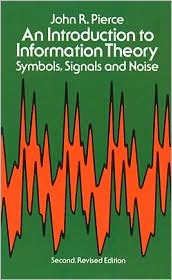

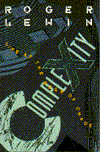
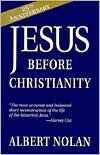
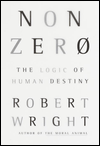

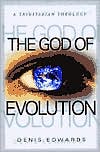

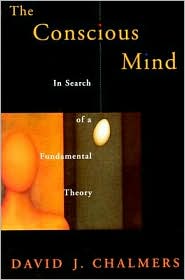
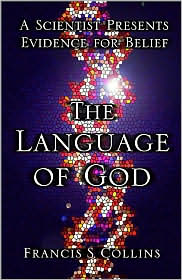


0 Comments:
Post a Comment
<< Home